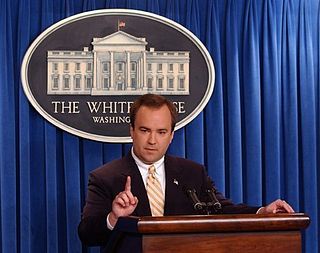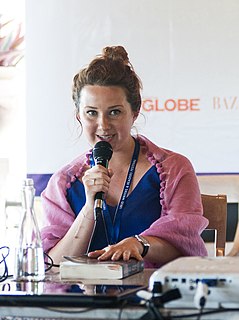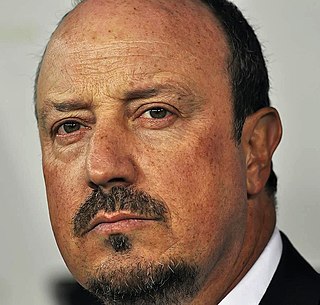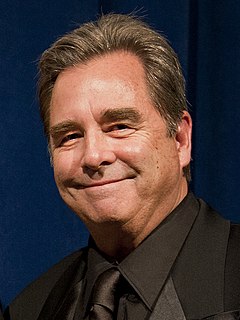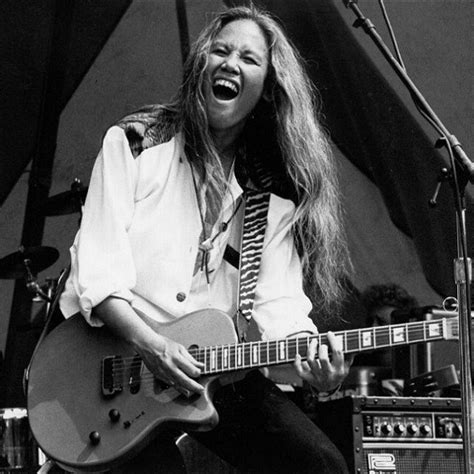A Quote by Edward Hirsch
I think that as long as you have other poets before you and that you can learn from them, then it's always open ended for you.
Related Quotes
I have been doing this for a long ,and it is the players who learn who you need to work with. You have to coach them to think and understand the game. If they cannot, then you have to tell them, 'You have to do this anyway,' but the best thing to do is say, 'Listen, if he is doing this, then maybe you have to do that.'
I think that by now, in the very beginning when I first joined the show, General Landry was like a new kid in school. I was coming into a situation I didn't really know much about, and now, after a couple of years, the character's kind of mellowed and gotten comfortable working at the command center and very comfortable with his troops. What they always do with these shows is they always leave them open-ended. The SG-1 franchise has been so successful for the network, that they always want to keep it open, an option to do it again in some way, whether that's a movie or a series, or whatever.
There's a sameness about American poetry that I don't
think represents the whole people. It represents a poetry
of the moment, a poetry of evasion, and I have problems
with this. I believe poetry has always been political, long
before poets had to deal with the page and white
space . . . it's natural.
My biggest poetic influences are probably 20th-century British and Irish poets. So I suppose I'm always listening for the music I associate with that poetry, the telling images, the brevity. I want to hear it in my own work as well as in the poetry I read. However, I think I'm generally more forgiving of other poets than myself.



